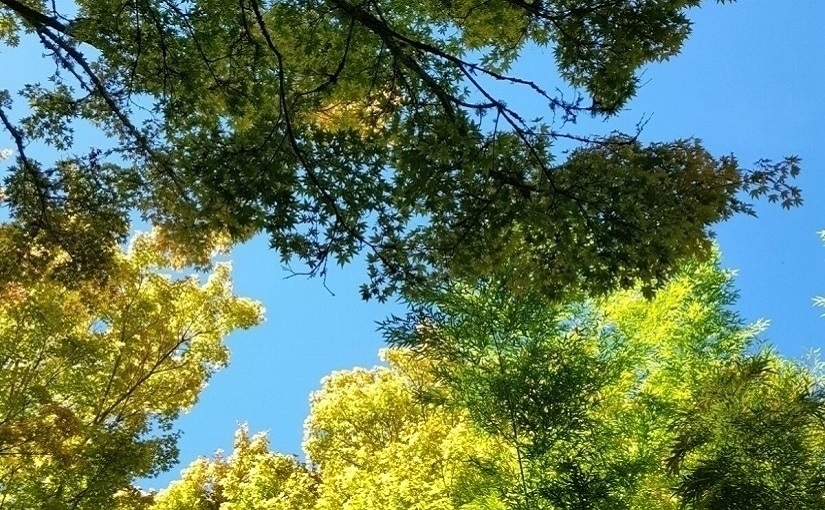In life, almost everything we do has an impact of one kind or another. All our words, actions and attitudes feed into the realities we share and create with others: systems, relationships, standards across the whole of life (see Notes One). Much of that may be hidden, but is that to say it doesn’t matter?
I’ve heard it argued that we aren’t responsible for how others take things; that if they get hurt or misunderstand, that’s their problem. And of course we need to take responsibility for ourselves, for our wounds or patterns; but that doesn’t mean we needn’t also be insightful, considerate, and clear in our treatment of others.
This touches upon ideas of reciprocity: situations arising out of mutual interactions; things moving both backwards and forwards. Because communication and relationship of any sort clearly involves more than one party and something being both given and received. Are we responsible only for what we give, not for the capacity to receive or whether what’s received is what we intended? In terms of ends and means, is it enough to think of our side and let impacts take care of themselves?
Those wounded in how they relate would presumably then fall back on their limited understanding, caught in their patterns, if no one takes time to impart a better way of being. And those economically disadvantaged – within our own societies or in the global way of working – would also be left to their own devices.
What I’m getting at is how these are all realities we are born into, through no real merit of our own. Those born into situations offering poor models of communicating must work with that. Those born into certain communities and countries often have few chances at attaining wealth, security or social status.
In these areas, and others, it seems we all have a part to play. With social interactions, choices in how we act and what we tolerate shape our social spaces, cultural conversations and ethical standards (Notes Two). Economically, our behaviours sustain global systems and impact the everyday lives of so many (Notes Three).
We may not have created the systems, we may not agree with them, but we are part of them. In that light, do intentions even matter? We might act on what we think to be true and what we would like to create, to the best of our understanding; but if the outcome’s different, is that not our problem? Does responsibility lie in the creation of a system or reality; in coming to an understanding of it; or in our conscious engagement with situations we find before us? Because blaming the system doesn’t solve anything: we may not have caused it, but we can help stop it.
With all this, I’m very much asking questions about problems we can only solve together. Surely it matters that others are suffering, wounded, disadvantaged; and if we can help heal that through our actions, that must be better than leaving them to it.
Notes and References:
Note 1: Reality as a sense check
Note 1: What are the true costs?
Note 2: Empathy in a world that happily destroys
Note 2: How many aren’t well represented?
Note 2: Antisocial behaviour & the young
Note 3: Waste and consumer choices
Note 3: Fashion, self & environment
Also, Mirrors we offer one another spoke in a broader sense of the meaning we create together.





